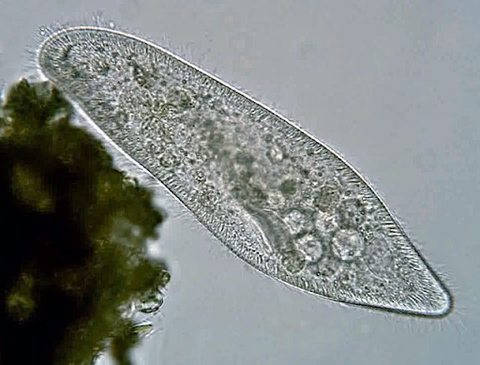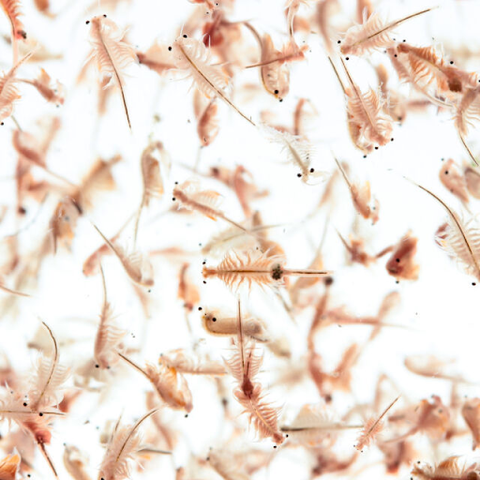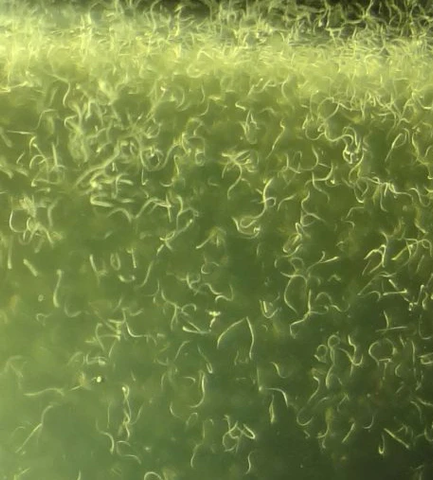Feeding baby fish, also known as fry, requires careful consideration of their nutritional needs and the appropriate size of food particles. Here are some options for feeding baby fish:
-
**Infusoria:** Infusoria are microscopic organisms that naturally occur in aquarium water and are a suitable first food for many species of fry. You can culture infusoria by allowing a container of aquarium water to sit in indirect sunlight for a few days, which promotes the growth of microorganisms. Once the water appears cloudy, you can use a pipette to transfer some of the water containing infusoria to the fry tank.

-
**Commercial Fry Food:** Many pet stores carry specialized fry food formulated specifically for the nutritional needs of baby fish. These foods often come in powdered or liquid form, making them easy for fry to consume. Look for fry food that is high in protein and designed to be small enough for tiny mouths.

-
**Crushed Flakes or Pellets:** If you're unable to obtain specialized fry food, you can crush regular fish flakes or pellets into smaller particles suitable for fry. Place a small amount of flakes or pellets in a plastic bag and crush them into fine powder using a rolling pin or similar tool. Be sure to feed only a small amount at a time to prevent overfeeding and water quality issues.

-
**Baby Brine Shrimp:** Baby brine shrimp are a nutritious and protein-rich food option for many species of fry. You can hatch brine shrimp eggs in a separate container using a brine shrimp hatchery kit and then use a pipette to transfer the newly hatched shrimp to the fry tank. Brine shrimp should be fed sparingly due to their high protein content.

-
**Micro Worms:** Micro worms, such as microworms or vinegar eels, are small, live organisms that can serve as a nutritious food source for fry. You can culture micro worms at home using a simple setup and then transfer them to the fry tank using a pipette or spoon.

When feeding baby fish, it's essential to provide small, frequent meals to accommodate their small stomachs and rapid growth rate. Monitor the fry closely to ensure they are consuming an adequate amount of food, and be prepared to adjust their diet as they grow and develop. Additionally, maintain good water quality and perform regular water changes to support the health and growth of your baby fish.
